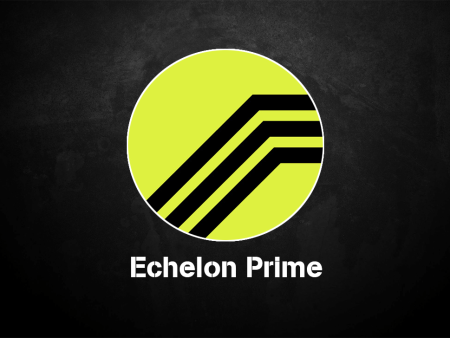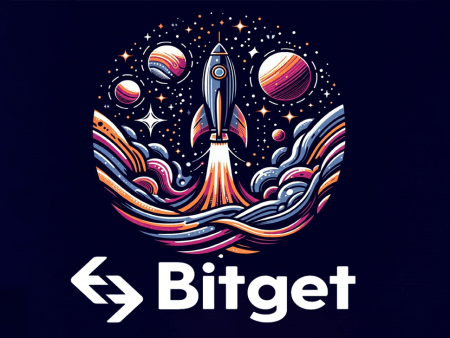Security Token is an important keyword in the digital finance field today. In the context of increasingly developing blockchain technology, security token has emerged as a breakthrough solution, combining the traditional financial world and digital technology.
To better understand security tokens and their outstanding features, let’s dig deeper with AZCoin.
What is a Security Token?
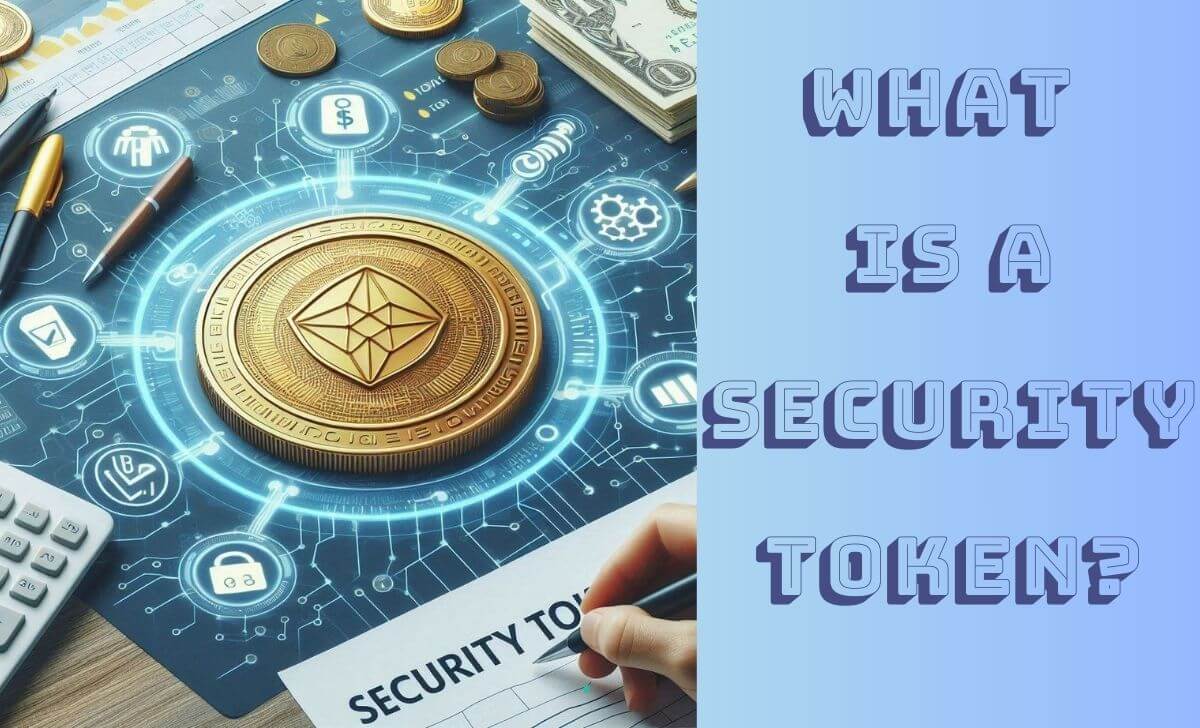
A security token is a legally binding investment contract that allows its holder to receive returns based on the number of tokens they hold. Security tokens represent ownership in assets such as real estate, equipment or shares in a company.
How Security Token works
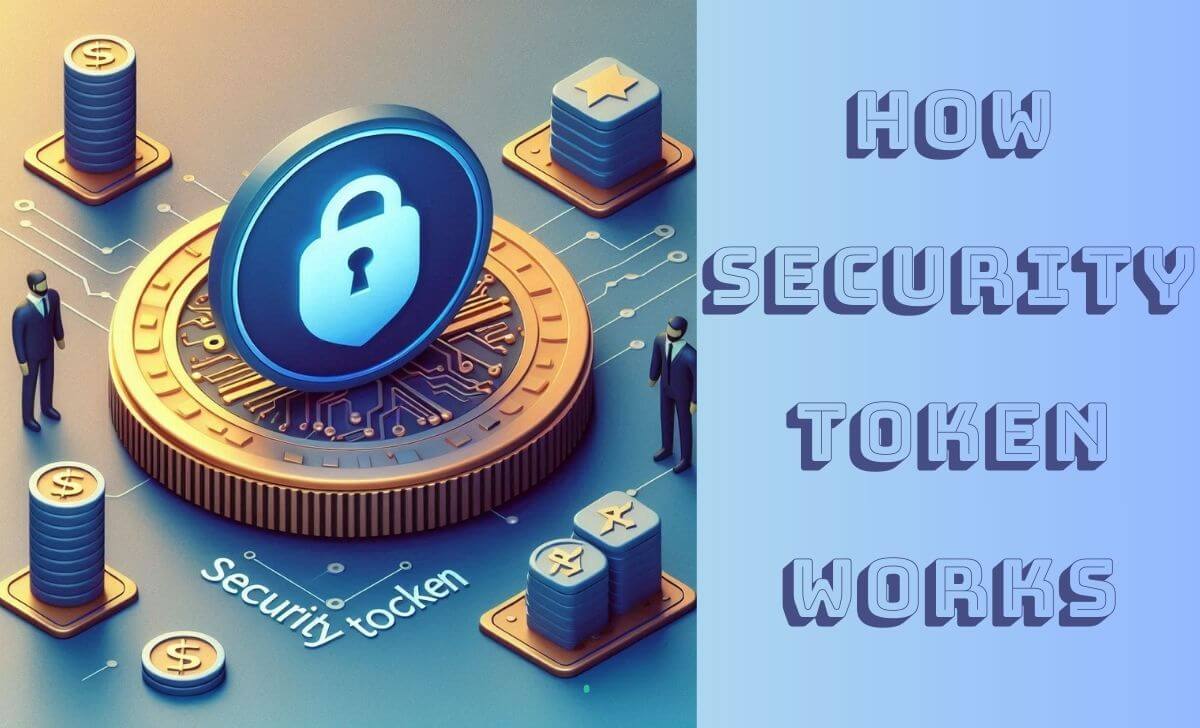
Security tokens are created by a company or entity that inputs the information about what the token represents. Once this information is inputted, the token is generated and can be offered on an exchange or investment platform, much like how crypto presale tokens are made available to early investors. Ownership of the token is then recorded on the blockchain, which acts as a public ledger, ensuring transparency and security.
The blockchain technology underlying security tokens allows for the secure transfer of ownership and ensures that all transactions are recorded immutably. This feature is particularly beneficial for reducing fraud and increasing trust among investors.
Security Token classification
Security Tokens can be classified into three main types:
- Equity Tokens: Represent ownership of shares in a company. Equity Token holders can receive dividends and have voting rights in company decisions.
- Debt Tokens: Represent debt or bonds. Debt Token holders will receive fixed or variable interest rates based on the terms of the contract.
- Asset-Backed Tokens: Represent ownership of physical assets such as real estate, gold or other assets. The value of Asset-Backed Tokens depends on the value of the underlying asset.
Outstanding features of Security Token
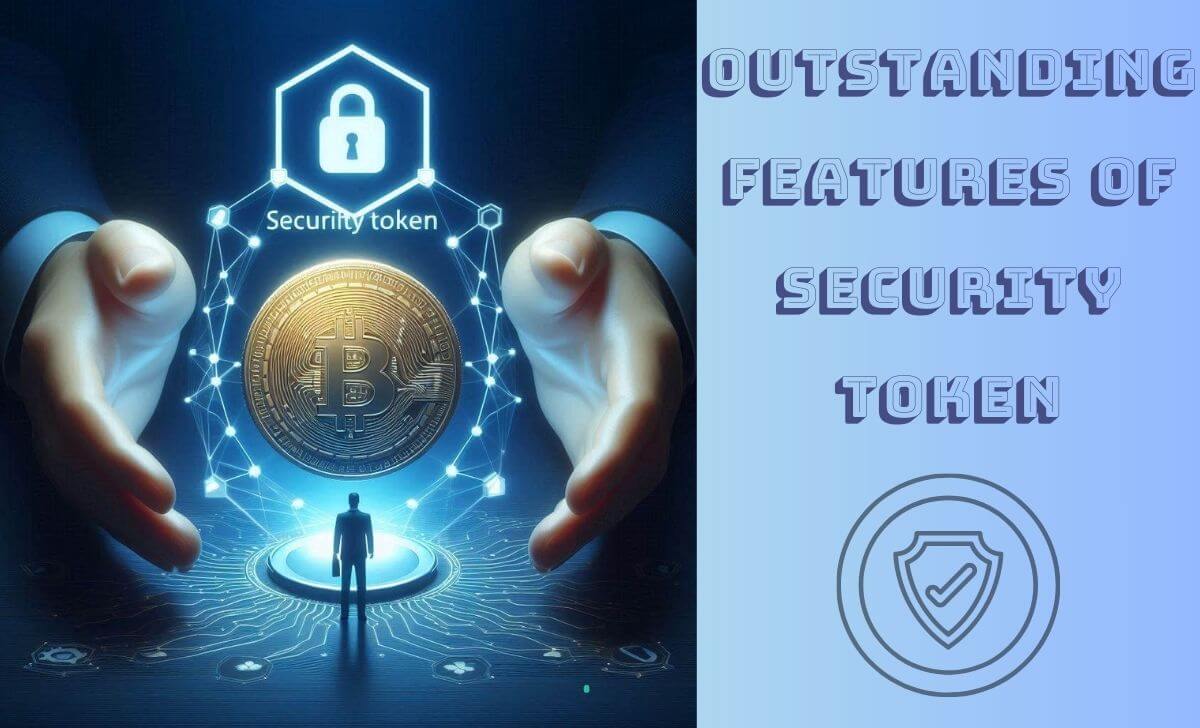
Security Tokens have some of the following outstanding features:
- Asset ownership: Security Tokens represent ownership of off-chain assets such as real estate, equipment or stocks.
- Asset-linked value: The value of a Security Token is directly linked to the value of the asset it represents. If the value of the asset increases, the value of the token also increases and vice versa.
- Legal and compliance: Security Tokens are subject to regulatory oversight by regulatory agencies such as the SEC or FINMA, which helps minimize the risk of fraud.
- Distribution via STO: Security Tokens are often distributed via STO, unlike Utility Tokens which are distributed via ICO.
- High liquidity: Security Tokens can be traded anywhere, anytime without geographical restrictions.
Advantages and Disadvantages of Security Tokens
Advantages
- Increased Liquidity: Security tokens can be traded on digital exchanges 24/7, providing liquidity to traditionally illiquid assets, such as real estate or private equity.
- Fast transaction speed: Transactions with security tokens are fast and efficient thanks to blockchain technology.
- Fractional Ownership: Tokenization allows for fractional ownership of assets, enabling investors to diversify their portfolios and access high-value assets that were previously out of reach.
- Cost Efficiency: By reducing the need for intermediaries and paper-based processes, security tokens can lower transaction costs and streamline the investment process.
Disadvantages
- High compliance costs: Compliance with regulatory requirements can be costly and complex.
- Legal risks: Despite regulatory compliance, Security Tokens may still face legal issues if regulations change.
- Complexity: Investing in Security Tokens requires in-depth knowledge of finance and blockchain technology.
- Market limitations: Not all exchanges support trading of Security Tokens, leading to limited liquidity.
- Price volatility: The value of Security Tokens can fluctuate widely due to the influence of financial markets and underlying assets.
How Security Tokens differ from other digital assets
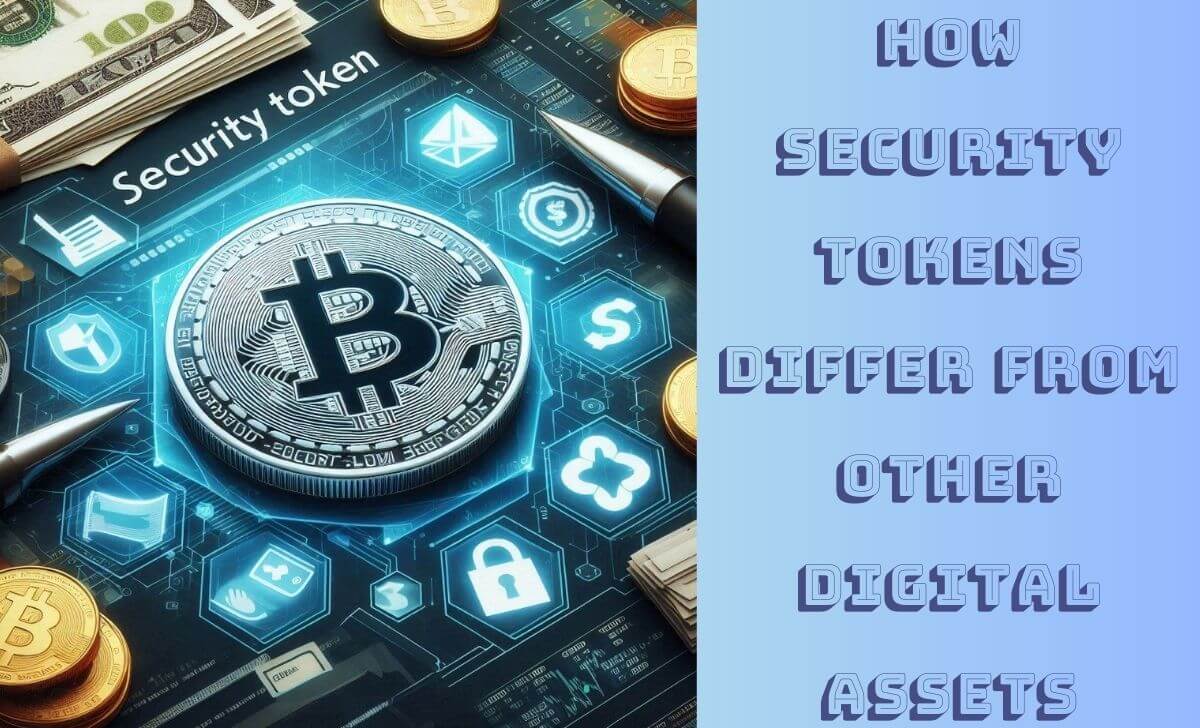
Security tokens are distinct from other types of digital assets, such as utility tokens or cryptocurrencies:
- Utility Tokens: These are used to access a product or service within a blockchain ecosystem and don’t represent ownership or investment rights. They are not subject to the same regulatory scrutiny as security tokens.
- Cryptocurrencies: These are digital currencies used as a medium of exchange or store of value like Bitcoin or Ethereum. They are decentralized and not necessarily linked to an asset or company.
Security tokens, on the other hand, are intended to be treated as investment instruments, representing ownership or rights to an asset and subject to securities regulations.
The Future of Security Tokens
The future of security tokens looks promising, as they have the potential to revolutionize the financial industry by bridging the gap between traditional finance and digital assets.
As regulatory frameworks become clearer and more investors and issuers recognize the benefits of security tokens, we can expect to see increased adoption and innovation in this space. This trend is similar to how platforms like AZcoin – best crypto exchange 2024 are leading the way in the cryptocurrency world by offering comprehensive trading solutions.
The integration of security tokens into traditional financial markets could lead to the creation of new financial products and services, offering investors more opportunities to diversify their portfolios and access previously illiquid assets. Additionally, advancements in blockchain technology and smart contracts could further enhance the security and functionality of security tokens.
Conclusion
Hopefully with the above information, you have a clearer view of security tokens and their outstanding features. To update more information and details about new financial technologies, continue to follow AZcoin.

I’m Jessi Lee, currently living in Singapore. I am currently working as a trader for AZCoin company, with 5 years of experience in the cryptocurrency market, I hope to bring you useful information and knowledge about virtual currency investment.
Email: [email protected]

